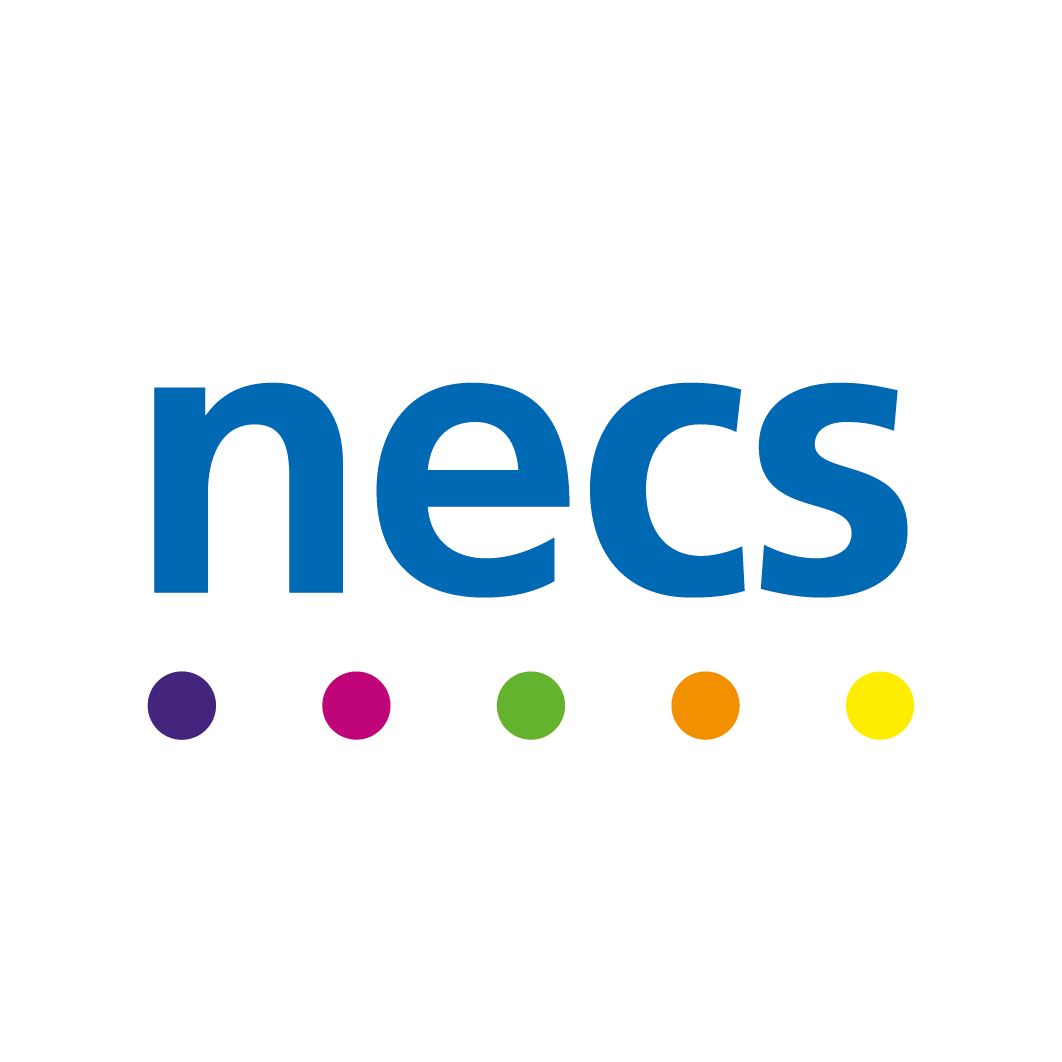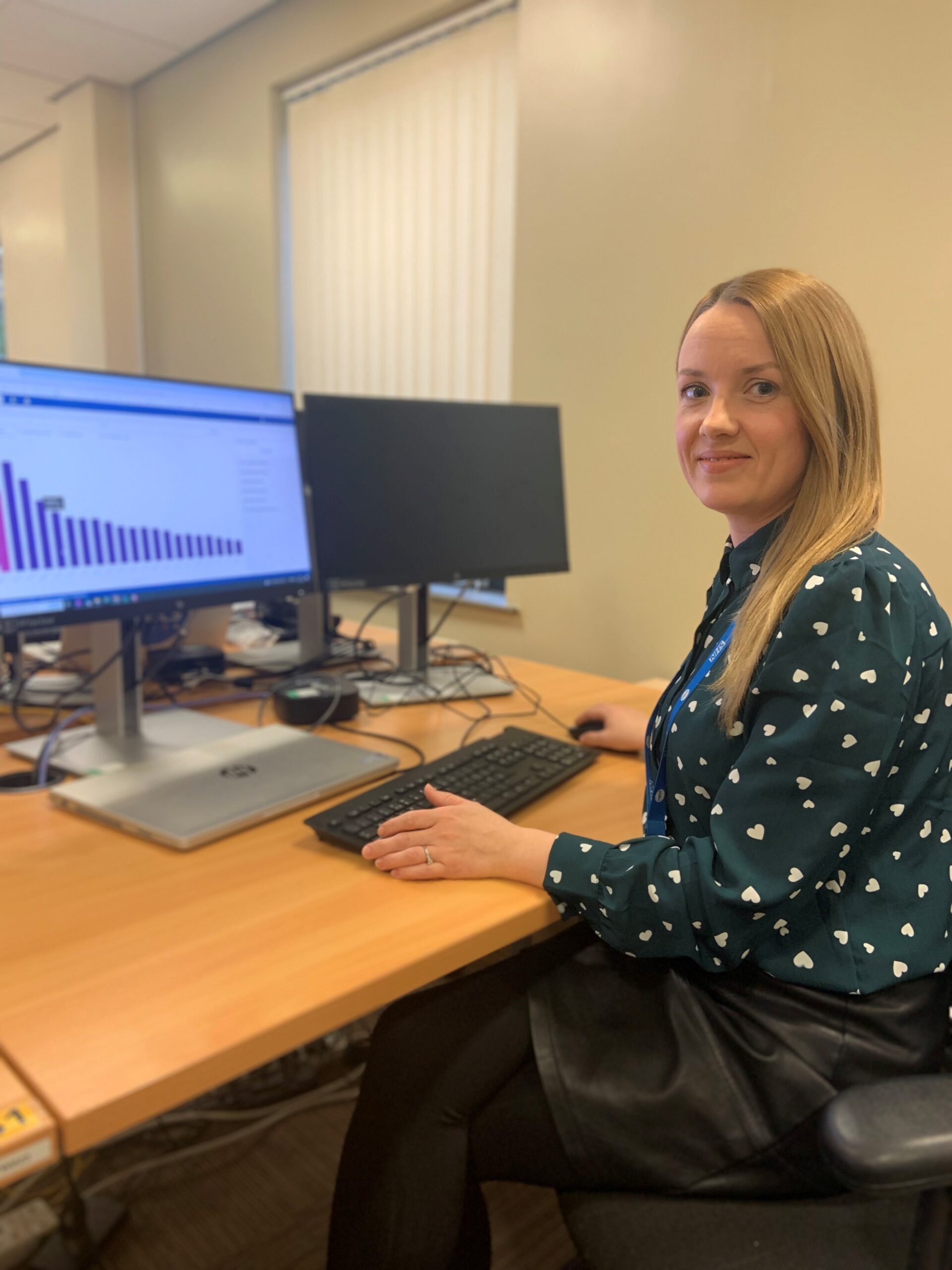Victoria Pescod, Information Solutions Senior Support Officer for RAIDR at NECS, shares her thoughts on how digital solutions can support health organisations, particularly those in primary care, to deliver personalised care plans and improve outcomes for our ageing population.
“As the demand for healthcare continues to grow in line with our ageing population, it is vital that organisations within the health and social care industry start to make significant adjustments to the range of services currently being offered.
“New research from the Health Foundation and the University of Liverpool estimates that the number of people living with major illness will reach 9.1m by 2040 – an increase of 2.5m since 2019. While living longer is certainly something to celebrate, we cannot underestimate the impact this will have on the NHS.
“The prevalence of long-term conditions is also likely to increase, adding extra pressure on health services. This is managed for the most part by those involved in direct patient care such as GP Practices and Primary Care Networks (PCNs).
“There are two principal ways to address this increase: by focusing on prevention rather than cure and by embracing digital innovation and data management. The utilisation and sharing of data from disparate sources across an integrated care system (ICS) can play a vital role in enabling more efficient and targeted delivery of care. It’s therefore important that further investment into resource-saving digital solutions is made to support primary care services.
“One such solution is NECS’ RAIDR application, available to all ICSs across the country, with the ability for users to drill down from ICB to GP Practice level, with those employed directly by the Practices able to view and export clear NHS numbers for targeted identification and meaningful intervention. RAIDR collates data from primary and secondary care as well as community services to provide the full patient picture with all the information you need at your fingertips.
“RAIDR’s Primary Care dashboard has been certified as a Class I Medical Device and collates data monthly directly from GP Practices’ clinical systems. The digital solution can help improve data quality, support case management of long-term conditions and identify specific patient cohorts in minutes. With built in risk stratification tools and case finding capabilities, the dashboard can be pivotal to any population health management programme, viewing the data through the lens of Core20Plus5.
“Our recently developed Anticipatory Care Screens can enable proactive and co-ordinated care to our ageing population. Targeted at those living with complex needs such as multi-morbidity, experiencing health inequalities or being reliant on unplanned care, the screens were designed to help identify patients who could benefit from more personalised care. I believe supporting people to live well and independently for longer should become a key function of healthcare services.
“There is no doubt that the data provided via RAIDR can accurately inform effective decision making and direct resources to where they are needed most. However, I feel the NHS has a long way to go as they deal with extensive waiting lists and stretched resources. The collective aim should be that integrated care systems can one day be proactive instead of reactive – giving healthcare professionals the time to talk to their patients about what matters most to them when making plans for their future care. The time is now to plan meaningful interventions to pre-empt the exacerbation of long-term conditions for our ageing population, allowing them to ultimately live happier, healthier, longer lives.”
To find out more about RAIDR, contact the team NECSU.RAIDR@nhs.net, follow us on X or visit www.raidr.co.uk.


